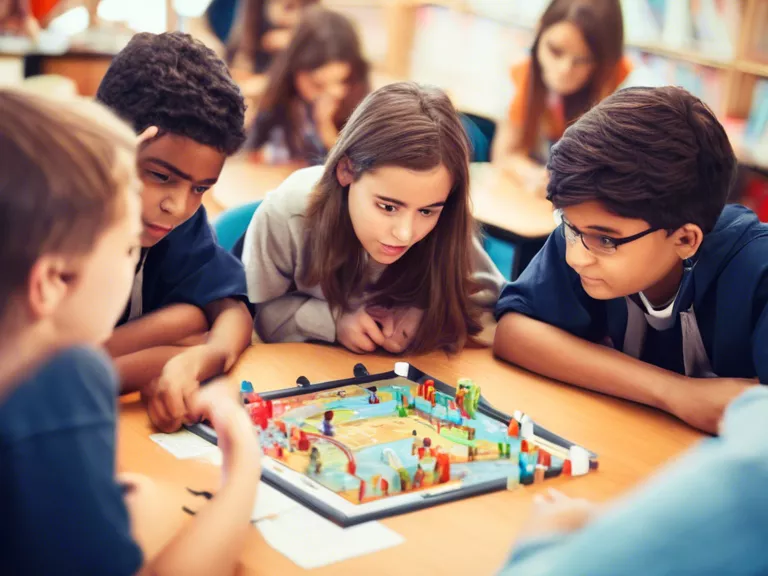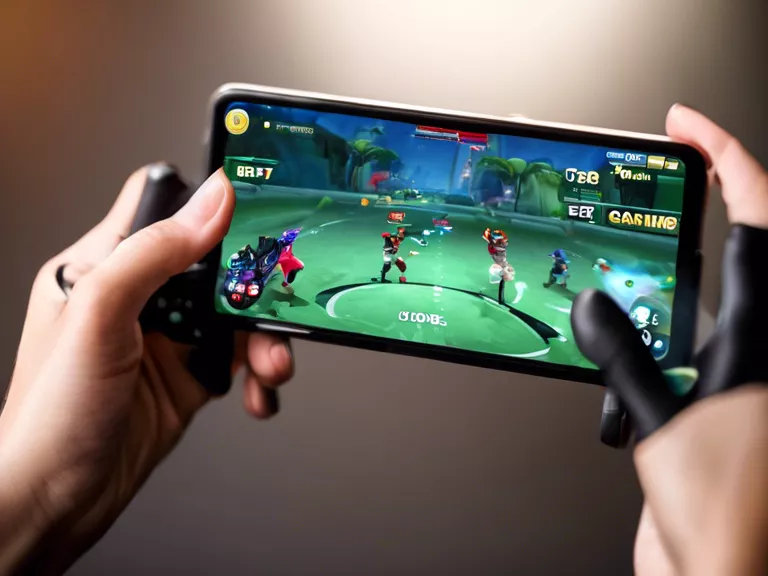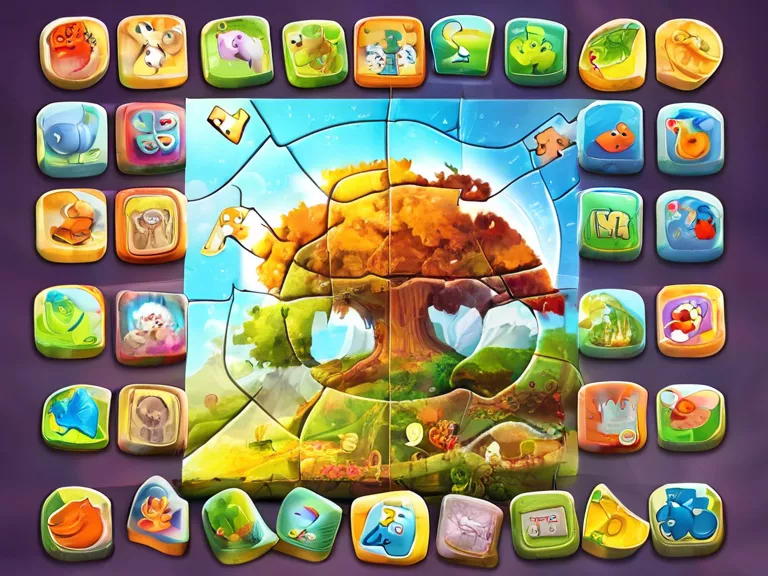
In recent years, educational games have gained popularity as effective tools for helping students develop critical thinking skills. These games provide hands-on learning experiences that engage students in problem-solving activities and encourage them to think analytically. By incorporating elements of gameplay into educational content, these games create an interactive environment that promotes the development of essential skills such as decision-making, logic, and creativity.
One of the key ways in which educational games help students develop critical thinking skills is by presenting them with challenges that require strategic thinking to overcome. These challenges often involve complex problems that require students to analyze information, make connections, and formulate creative solutions. As students progress through the game, they are constantly challenged to think critically and adapt their strategies to succeed, helping them build resilience and perseverance in the face of obstacles.
Educational games also provide students with immediate feedback on their actions, allowing them to learn from their mistakes and adjust their approach in real-time. This feedback loop helps students develop a growth mindset, encouraging them to view challenges as opportunities for growth and improvement. By experiencing the consequences of their decisions in a risk-free environment, students can develop a deeper understanding of cause and effect relationships and hone their decision-making skills.
Furthermore, educational games often require students to collaborate with their peers to solve problems and achieve goals. By working together to strategize and communicate effectively, students learn important teamwork and communication skills that are essential for success in a collaborative work environment. These games also foster a sense of community and belonging among students, creating a supportive learning environment where collaboration and cooperation are valued.
In conclusion, educational games are powerful tools for helping students develop critical thinking skills. By engaging students in interactive, problem-solving activities, these games promote the development of essential skills such as decision-making, logic, and creativity. Through challenges, feedback, and collaboration, educational games provide students with opportunities to practice and refine their critical thinking skills in a fun and engaging way.



